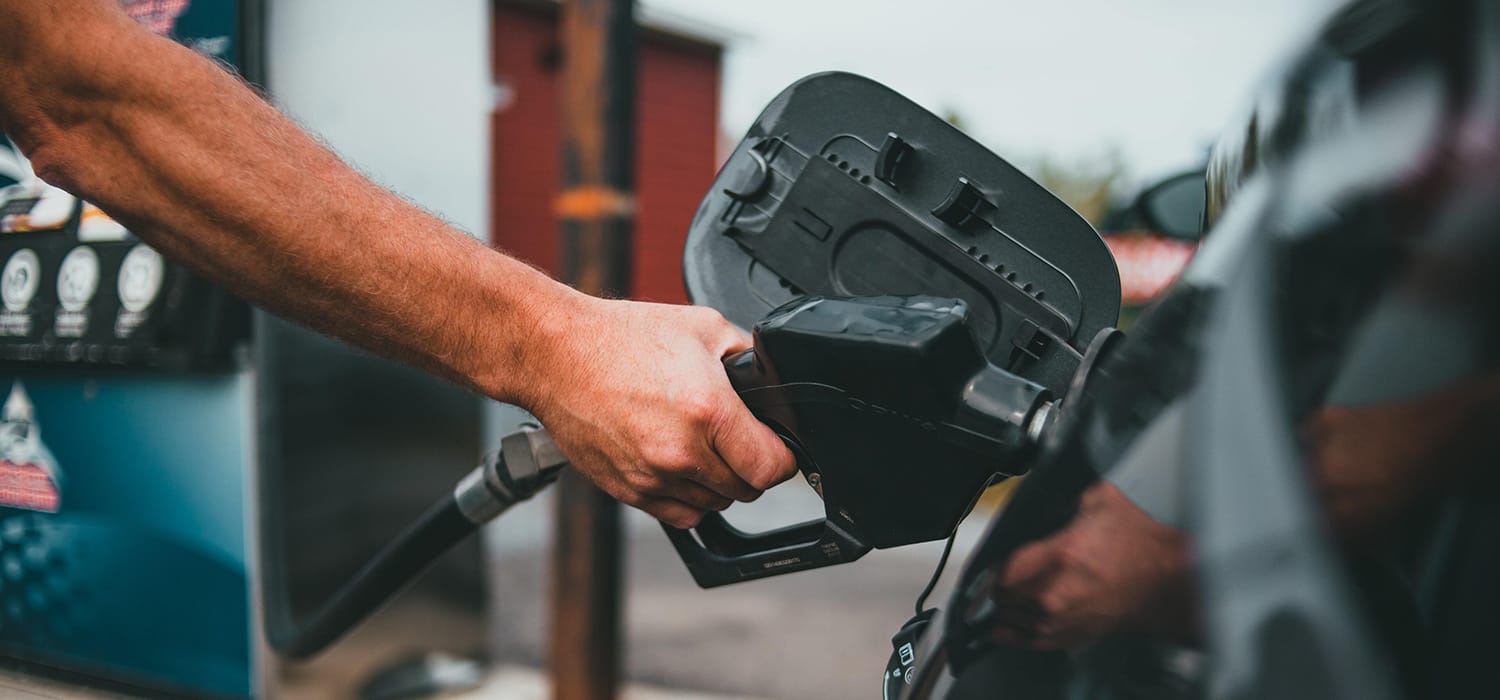
How to save fuel when driving
How to save fuel when driving is a huge topic at the moment. Petrol and diesel have continued to rise in price in recent weeks, and it is only becoming more costly as demand increases and world events continue to affect the global oil and fuel markets.
However, according to National World, oil prices fell dramatically in previous weeks, showing hopeful signs that petrol prices will soon follow and drivers can no longer dread the weekly fuel fill up. Until then, it’s crucial to examine what steps you can take to make your fleet go the extra mile.
When running a fleet service, fuel usage is one of the biggest costs to consider. As electric vehicles continue to become popular and petrol prices hike, the world is gradually converting to alternatively fueled vehicles and considering other options. While many businesses are still using liquid fuels and while this particular line of business can’t cut down on fuel, they can follow tips and tricks to use their resources more efficiently. Below are just some of the tips and tricks on how to save fuel when driving.
Take care of your fleet
While this step should be a regular process for fleets, taking care of vehicles by ensuring they go through regular inspections and maintenance can prevent costly repairs in the future. In turn, a healthy fleet is the route of fuel efficiency. Fleet vehicles that are not maintained will drink fuel at a rapid pace, and even mishaps such as a tyre with low air pressure can set you back.
For every PSI decrease in your tyre pressure, mileage can drop by 0.4%. You should ensure that all tyres remain inflated, limiting the chance of drag, which prevents mileage from decreasing by 3% or more. You must avoid overinflating, though, as this can be incredibly dangerous, and the risk of blowing a tyre will cause more trouble if you are not careful. Ensure that you follow manufacturer guidelines to know the correct PSI limit.
Reduce idling and prevent bad driving habits
Idling and bad driving habits are huge contributors to fuel loss. Idling occurs when fleet drivers park up and leave a vehicle running, which leads to loss of fuel. GPS tracking systems can help reduce idling just by tracking how often drivers do so and then aim to decrease the amount of time by setting a goal to follow.
Bad driving habits are unacceptable regardless of whether they use too much fuel, and fleet businesses need to cut down on driving habits such as regular fast acceleration and speeding. Did you know that simply driving 10 miles over the speed limit can decrease fuel efficiency by at least 15%? The ideal speed for fleets rests between 50 and 60 miles per hour.
Consider purchasing in bulk
Buying fuel in bulk has great financial benefits for the right fleet. Wholesale is often cheaper than petrol stations, which is the perfect solution for many in such an unstable current climate. It is also more efficient to have a supply designated at a home base where you can save time spent gathering fuel receipts and at petrol stations.
Buying wholesale allows you to plan and know just how much you are spending, allowing you to budget effectively. Bulk purchasing might not work for every fleet but selecting the right supplier and figuring out which contract works best for you can make wholesale a good decision for the future of your fleet business.
Refine your routes
Following longer routes to reach a destination will use more fuel than necessary. Planning the shortest, most effective journeys will utilise petrol or diesel without draining the vehicle and limit idle times. A GPS tracking system can help refine the journey so drivers can travel to a destination while using the least fuel possible.
Are fuel cards the answer?
Fuel cards work like other business cards, offering fuel at discount prices and allowing you to optimise and track fuel spending in line with your chosen fleet management software. It is essential to research the best fuel card for your fleet and what each could offer.
The future of electric vehicles
Electric vehicles are expected to be the future of fleets as the government continues to plan to mandate all new passenger cars as EVs only by 2030, with no hybrids after 2035. Not only are they better for the environment, but they also only require little to no fuel, lowering the cost per mile per vehicle.
Consider slowly introducing electric vehicles into your fleet and see if there is a positive change in performance before switching to EVs permanently. It is not realistic to change a whole fleet overnight, and electric vehicles have only just become a practical option in recent years as they have developed. A December 2021 report by Bloomberg New Energy Finance (BNEF) stated that EVs will most likely be cheaper to buy on average than traditional petrol or diesel vehicles in approximately five years’ time.
How Drivetech can support your fleet
At Drivetech, our fleet risk and driver training help to ensure your fleet is compliant, drivers are safe, and any running costs are low. If you’re considering moving towards an electric fleet, we can support you to create a greener, safer and more sustainable fleet. Get in touch with us today to learn more about our training solutions.
Back to news and resources
